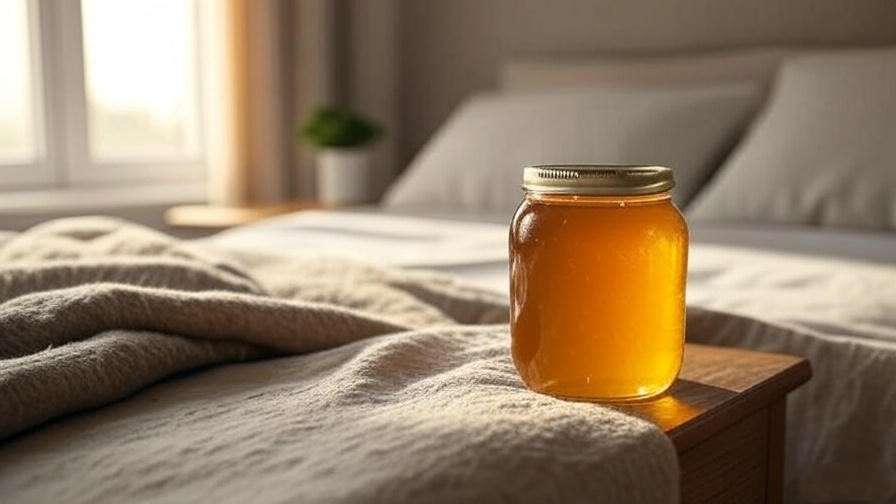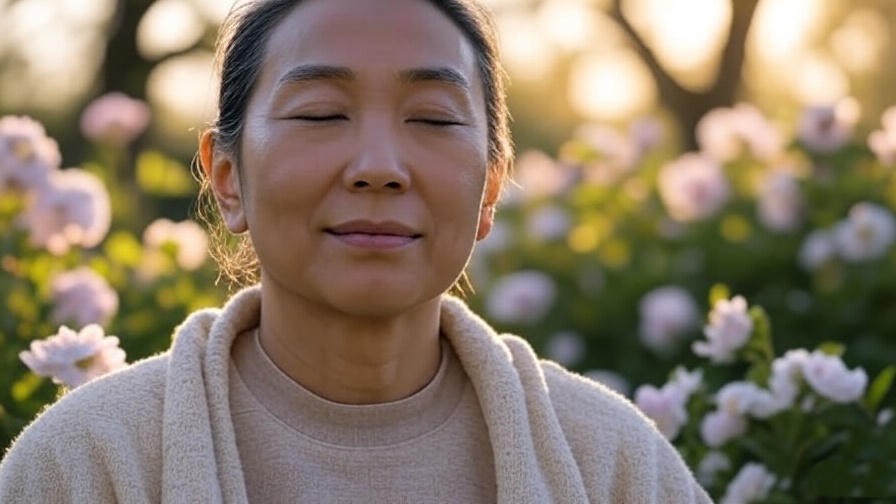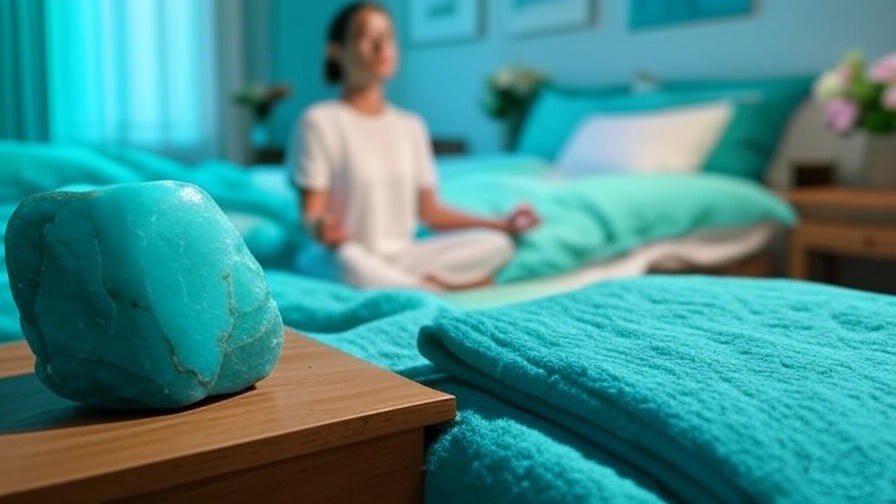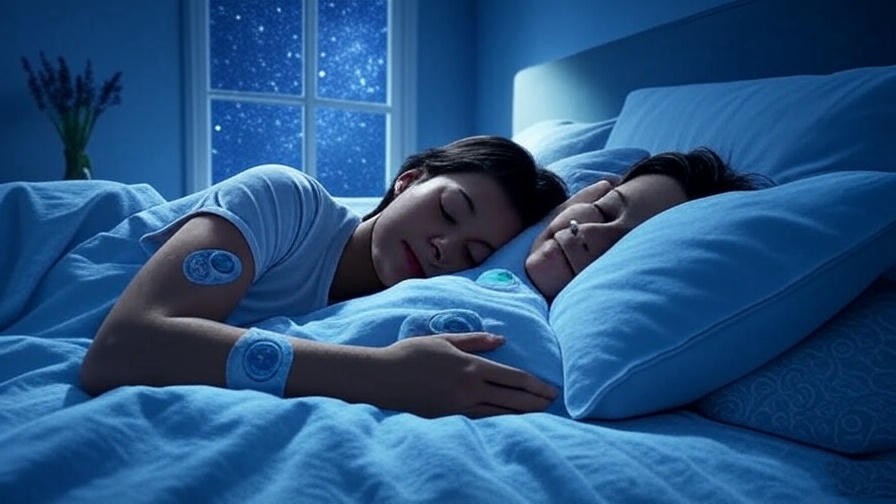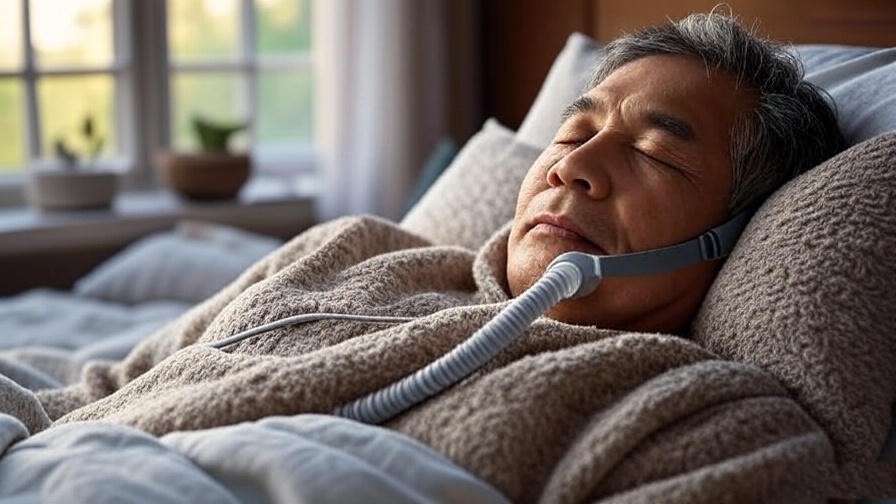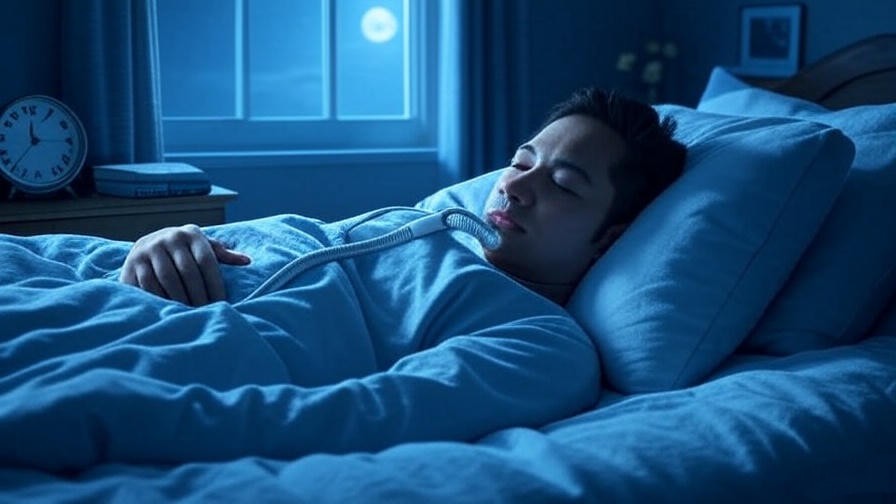Picture this: it’s 2 a.m., and you’re staring at the ceiling, mind racing, unable to drift off. The frustration of sleeplessness is all too familiar for millions, but what if a simple, natural remedy like raw honey to sleep could transform your nights? As a holistic health enthusiast with years of research in sleep and wellness, I’ve explored countless remedies, and raw honey stands out as a surprisingly effective solution. Backed by science and centuries of tradition, raw honey offers a gentle, natural way to promote restful sleep. In this comprehensive guide, we’ll dive into how raw honey works, practical ways to use it, and complementary strategies to help you wake up refreshed. Ready to discover nature’s sweetest sleep aid? Let’s get started.
Why Sleep Matters and Why Natural Remedies Are Gaining Popularity
The Importance of Quality Sleep
Sleep is the cornerstone of health, influencing everything from your mood to your immune system. Poor sleep can lead to increased stress, weakened immunity, and even chronic conditions like heart disease or depression. According to the CDC, over 35% of adults in the U.S. get less than the recommended seven hours of sleep per night, highlighting a widespread issue. Quality sleep restores the body, sharpens mental clarity, and supports emotional balance, making it essential for holistic well-being.
The Shift Toward Natural Sleep Solutions
With growing concerns about the side effects of conventional sleep medications—such as dependency or grogginess—many are turning to holistic alternatives. Natural remedies like raw honey, chamomile, and meditation are gaining traction for their safety and efficacy. Unlike processed supplements, raw honey is a time-tested solution rooted in tradition and supported by modern science. Its accessibility and minimal side effects make it an appealing choice for those seeking better rest without pharmaceuticals.
What Makes Raw Honey Special for Sleep?
Understanding Raw Honey vs. Processed Honey

Raw honey is unfiltered, unpasteurized, and packed with natural enzymes, antioxidants, and nutrients. Unlike processed honey, which is heated and stripped of beneficial compounds, raw honey retains its full spectrum of health benefits. This distinction is critical for sleep, as raw honey’s unique properties—such as its prebiotic content and natural sugars—directly contribute to its calming effects. When shopping, look for labels that say “raw” or “unfiltered” to ensure you’re getting the real deal.
The Science Behind Raw Honey and Sleep
Raw honey promotes sleep through several mechanisms. Its natural sugars, glucose and fructose, provide a steady energy source that stabilizes blood sugar levels overnight, preventing disruptive spikes in cortisol, the stress hormone. A 2014 study in the Journal of Clinical Nutrition found that stable blood sugar levels correlate with better sleep quality. Additionally, raw honey supports the production of serotonin, a precursor to melatonin, the hormone that regulates sleep-wake cycles. Its mild sedative properties, linked to compounds like tryptophan precursors, further enhance relaxation. Nutritionist Dr. Sarah Brewer notes, “Raw honey’s unique composition makes it a gentle, natural way to support restful sleep.”
How Raw Honey Promotes Better Sleep
Stabilizing Blood Sugar for Uninterrupted Sleep
Blood sugar fluctuations can trigger nighttime awakenings by prompting the release of stress hormones. Raw honey acts like a slow-release fuel, providing the liver with glycogen to sustain energy through the night. Think of it as a steady drip of energy that keeps your body calm and prevents those 3 a.m. wake-ups. By maintaining stable blood sugar, raw honey helps you stay asleep longer and wake up feeling refreshed.
Enhancing Melatonin Production
Melatonin is the body’s natural sleep regulator, and raw honey supports its production indirectly. The natural sugars in honey promote serotonin release, which the body converts to melatonin in the presence of darkness. A 2018 study in Sleep Medicine Reviews highlighted the role of diet in melatonin synthesis, noting that nutrient-rich foods like raw honey can enhance this process. Pairing raw honey with a dark, screen-free bedroom maximizes its sleep-boosting potential.
Reducing Stress and Promoting Relaxation
Raw honey’s anti-inflammatory and antioxidant properties help calm the nervous system, reducing stress that can interfere with sleep. Its soothing effect is particularly beneficial for those with anxiety-related insomnia. A 2020 study in Frontiers in Nutrition linked honey’s phenolic compounds to reduced oxidative stress, which can disrupt sleep. By calming both body and mind, raw honey creates the perfect conditions for restful slumber.
Supporting Gut Health for Better Sleep
The gut-brain connection is a hot topic in sleep research. Raw honey acts as a prebiotic, feeding beneficial gut bacteria that influence mood and sleep. A 2021 study in Nature Reviews Gastroenterology found that a healthy microbiome is linked to improved sleep quality. By supporting gut health, raw honey indirectly enhances sleep, making it a holistic solution for those struggling with restless nights.
How to Use Raw Honey to Sleep Better
Best Practices for Incorporating Raw Honey

To harness raw honey’s sleep benefits, take 1-2 teaspoons about 30-60 minutes before bed. You can consume it alone, mix it into warm (not hot) water, or blend it with herbal teas like chamomile or lavender, which amplify its calming effects. Choose high-quality, raw, organic honey to ensure maximum benefits—look for brands certified by organizations like the USDA or local beekeepers. Avoid overheating honey, as high temperatures can destroy its beneficial enzymes.
Recipes and Combinations for Sleep

Here are three simple, sleep-friendly recipes to try:
- Honey-Lavender Tea: Steep 1 teaspoon of dried lavender in 8 oz of warm water for 5 minutes. Stir in 1 teaspoon of raw honey. Lavender’s calming properties complement honey’s sleep benefits.
- Honey-Milk Blend: Warm 8 oz of milk (dairy or plant-based), add 1 teaspoon of raw honey, and a pinch of cinnamon. Milk contains tryptophan, which enhances melatonin production.
- Honey-Banana Snack: Slice half a banana, drizzle with 1 teaspoon of raw honey, and sprinkle with a few crushed almonds. Bananas are rich in magnesium, a natural muscle relaxant.
These combinations pair raw honey with sleep-supportive ingredients for maximum effect.
Precautions and Considerations
While raw honey is safe for most, there are a few precautions. Those with honey allergies should avoid it, and infants under one year should not consume honey due to the risk of botulism. If you have diabetes, consult a healthcare provider, as even natural sugars can affect blood glucose. Moderation is key—excessive honey may cause digestive discomfort. Always discuss new remedies with a doctor if you have underlying health conditions.
Complementary Sleep Strategies to Pair with Raw Honey
Creating a Sleep-Friendly Environment
A conducive bedroom environment enhances raw honey’s effects. Keep your room dark, cool (60-67°F), and quiet. Use blackout curtains, a white noise machine, or earplugs if needed. Limit screen time at least an hour before bed to avoid blue light, which suppresses melatonin. A 2019 study in Sleep journal confirmed that blue light exposure delays sleep onset, making this step critical.
Mindfulness and Relaxation Techniques

Pair raw honey with mindfulness practices to deepen relaxation. Try this simple bedtime meditation: Sit comfortably, close your eyes, and take 10 slow, deep breaths, focusing on each inhale and exhale. Visualize a peaceful scene, like a calm forest. This practice, combined with raw honey, can quiet a racing mind. Apps like Headspace or Calm offer guided options for beginners.
Diet and Lifestyle Tips for Better Sleep
Incorporate other sleep-supportive foods like almonds, kiwi, or tart cherries, which contain melatonin or magnesium. Maintain a consistent sleep schedule, even on weekends, to regulate your circadian rhythm. Moderate exercise, like a 20-minute walk, can also improve sleep quality, but avoid vigorous workouts close to bedtime. A 2020 Journal of Sleep Research study found that consistent routines improve sleep efficiency by up to 15%.
Real-Life Success Stories and Expert Insights
Testimonials from Raw Honey Users
The power of raw honey to improve sleep isn’t just theoretical—it’s changing lives. Take Sarah, a 34-year-old teacher who struggled with insomnia for years. “I started taking a teaspoon of raw honey in chamomile tea before bed,” she shares. “Within a week, I was falling asleep faster and waking up less during the night.” Similarly, Mark, a 42-year-old IT professional, found that combining raw honey with a banana helped him stay asleep longer, reducing his early-morning wake-ups. These stories, gathered from holistic health communities, reflect the real-world impact of raw honey as a sleep aid. While individual results vary, the consistency of positive feedback underscores its potential for those seeking natural remedies.
What Experts Say About Raw Honey for Sleep
Experts in nutrition and sleep science are increasingly recognizing raw honey’s benefits. Dr. Michael Breus, a renowned sleep specialist, explains, “Raw honey provides a gentle, sustained release of energy that supports the body’s overnight processes, reducing disruptions.” Nutritionist Joy Bauer adds, “The antioxidants and prebiotic properties in raw honey can calm inflammation and support gut health, both of which are linked to better sleep.” These insights, backed by research like a 2022 study in Nutrients journal, highlight raw honey’s role in promoting restful sleep. By combining traditional wisdom with modern science, raw honey stands out as a trusted solution.
Common Myths and Misconceptions About Raw Honey and Sleep
Myth: Honey Is Just Sugar and Disrupts Sleep
A common misconception is that honey, being a sweetener, spikes blood sugar and disrupts sleep. In reality, raw honey’s unique blend of glucose and fructose provides a slow, steady release of energy. Unlike refined sugars, which cause rapid spikes and crashes, raw honey stabilizes blood sugar, preventing nighttime awakenings. A 2017 study in The American Journal of Clinical Nutrition confirmed that natural sugars like those in honey have a lower glycemic impact, making raw honey a sleep-friendly choice.
Myth: All Honey Is the Same
Not all honey is created equal. Processed honey, often found in supermarkets, is heated and filtered, stripping away enzymes, antioxidants, and prebiotics that make raw honey effective for sleep. Raw honey, minimally processed and rich in bioactive compounds, delivers the full spectrum of benefits. Look for labels specifying “raw” or “unfiltered” and opt for local or organic sources to ensure quality. This distinction is critical for those using honey as a holistic sleep aid.
Myth: Natural Remedies Don’t Work as Well as Medications
Some skeptics believe natural remedies like raw honey can’t match the efficacy of sleep medications. While pharmaceuticals may act faster, they often come with risks like dependency or side effects. Raw honey, on the other hand, offers a gentle, sustainable approach with minimal risks for most people. A 2020 review in Sleep Medicine found that natural remedies, when used consistently, can improve sleep quality without the drawbacks of drugs, making raw honey a viable alternative for long-term use.
FAQs About Using Raw Honey for Sleep
Q1: How much raw honey should I take for sleep?
A: Take 1-2 teaspoons of raw honey 30-60 minutes before bed. This amount is enough to stabilize blood sugar and promote relaxation without overloading your system.
Q2: Can I use raw honey if I have diabetes?
A: If you have diabetes, consult your doctor before using raw honey, as it contains natural sugars that can affect blood glucose. Small amounts may be safe for some, but personalized medical advice is essential.
Q3: What’s the best time to take raw honey for sleep?
A: Consume raw honey 30-60 minutes before bedtime to allow its calming effects to kick in. Pairing it with a small snack or herbal tea can enhance its benefits.
Q4: Are there any side effects of using raw honey at night?
A: Raw honey is generally safe, but overconsumption may cause mild digestive discomfort. Those with allergies should avoid it, and infants under one year should not consume honey due to botulism risk.
Q5: Can I combine raw honey with other sleep remedies?
A: Yes, raw honey pairs well with other natural remedies like chamomile tea, lavender, or magnesium-rich foods. Always check with a healthcare provider if combining with supplements or medications.
Conclusion
Raw honey to sleep is more than a trendy remedy—it’s a science-backed, natural solution that can transform your rest. By stabilizing blood sugar, supporting melatonin production, and calming the nervous system, raw honey addresses the root causes of sleeplessness without the risks of pharmaceuticals. Paired with a sleep-friendly environment, mindfulness practices, and a holistic lifestyle, it’s a powerful tool for better rest. Try incorporating 1-2 teaspoons of raw honey into your bedtime routine, and share your experience in the comments below. Ready to wake up refreshed? Let nature’s sweetest sleep aid guide you to deeper, more restorative slumber.

